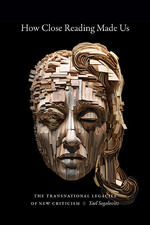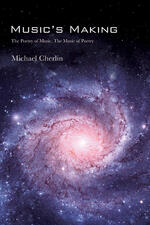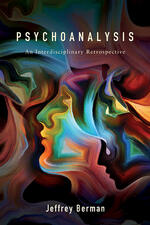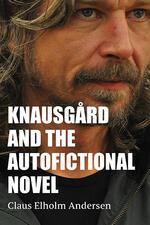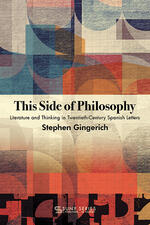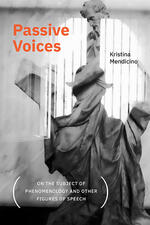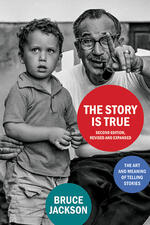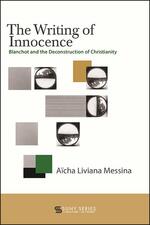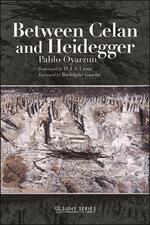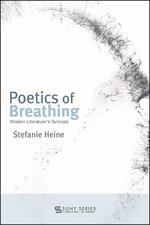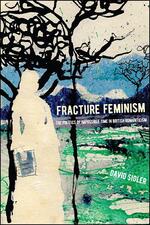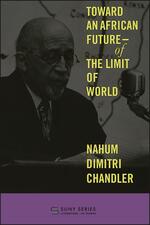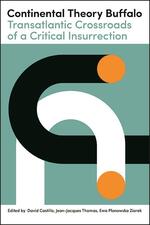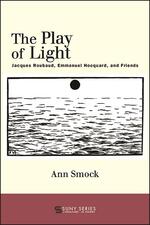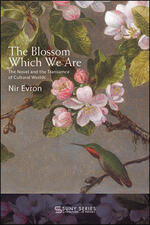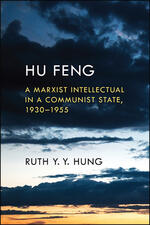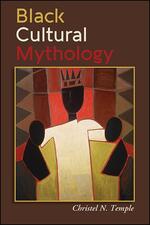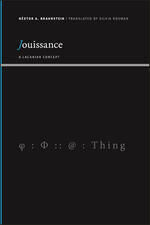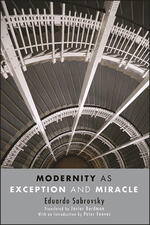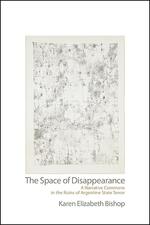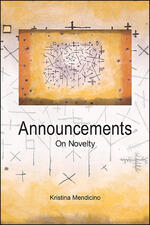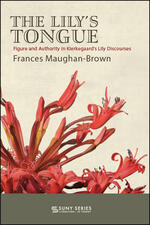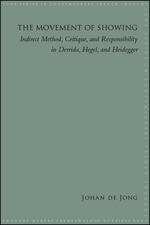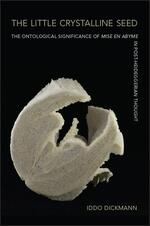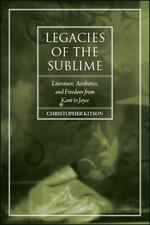Literary Theory
How Close Reading Made Us
Shows how the method of close reading traveled from the United States to Brazil and Israel, revealing its profound impact on global modernisms and reframing the lasting significance of New Criticism.
Music's Making
A personal voyage of discovery drawing on musicology, literary theory, Jewish studies, and philosophical phenomenology.
Psychoanalysis
Assesses the contributions of six major psychoanalytic thinkers in the light of current academic and clinical trends in psychoanalysis.
Knausgård and the Autofictional Novel
A probing, generative analysis of Knausgård’s My Struggle, with implications for our understanding of the novel form more broadly in the twenty-first century.
This Side of Philosophy
Assesses a distinct style of thinking in twentieth-century Spanish writing, one in which literature plays a central role in reaching behind philosophy to essential sources of life and meaning.
Passive Voices (On the Subject of Phenomenology and Other Figures of Speech)
Addresses the question of how language affects the subject of speech through readings of confessional, philosophical, and fictional writings.
The Story Is True, Second Edition, Revised and Expanded
Delves into the meaning of stories, their tellers, and those who experience them.
The Writing of Innocence
An original reading of Blanchot's thought with far-reaching philosophical and literary implications.
Between Celan and Heidegger
Probing reassessment of the relation between Celan's poetry and Heidegger's thought.
Poetics of Breathing
A comparative study of breath and breathing as a core poetic and compositional principle in modern literature.
Fracture Feminism
Shows how feminist writing in British Romanticism developed alternatives to linear time.
Toward an African Future—Of the Limit of World
Examines the thought of W. E. B. Du Bois, with attention to its potential for reorienting present-day critical theory and political philosophy.
Continental Theory Buffalo
Revisits, reassesses, and reclaims the legacy of May '68 in light of our present cultural and historical emergency.
The Play of Light
Juxtaposes five contemporary French poets, illuminating the philosophical elements of their work while making their sometimes difficult writing newly accessible.
The Blossom Which We Are
Charts the vicissitudes of a distinctly modern and peculiarly human vulnerability—our intimate dependence on the fragile, time-bound cultural framework that we inhabit—in the history of the realist novel.
Hu Feng
A study of Hu Feng as a literary critic and case study on how intellectual work can respond to political pressure.
Black Cultural Mythology
Offers a new conceptual framework rooted in mythological analysis to ground the field of Africana cultural memory studies.
Jouissance
A comprehensive discussion of an important but elusive Lacanian concept within the field of psychoanalysis, as well as its relevance for philosophy, literature, gender, and queer studies.
Modernity as Exception and Miracle
Proposes "the extraordinary" as a defining characteristic of modernity.
The Space of Disappearance
Examines the evolution of disappearance as a formal narrative and epistemological phenomenon in late twentieth-century Argentine fiction.
Announcements
A study of novelty through analyses of the language of announcement in revolutionary texts.
The Lily's Tongue
Examines four discourses by Kierkegaard, arguing that they play a critical and surprising role in his oeuvre and contribute to the philosophy of figural language.
The Movement of Showing
Explores why Derrida, Hegel, and Heidegger conceive their thought as a “movement” rather than as a presentation of results or conclusions, and of the consequences of such an indirect method for critique and responsibility.
The Little Crystalline Seed
Shows how contemporary French philosophy adopted this literary paradigm and argues for its significance for addressing concerns in ethics, ontology, and aesthetics.
Legacies of the Sublime
Pairs literary works with philosophical and theoretical texts to examine how the Kantian sublime influenced authors in their treatments of freedom and subjectivity through the late nineteenth and early twentieth centuries.
